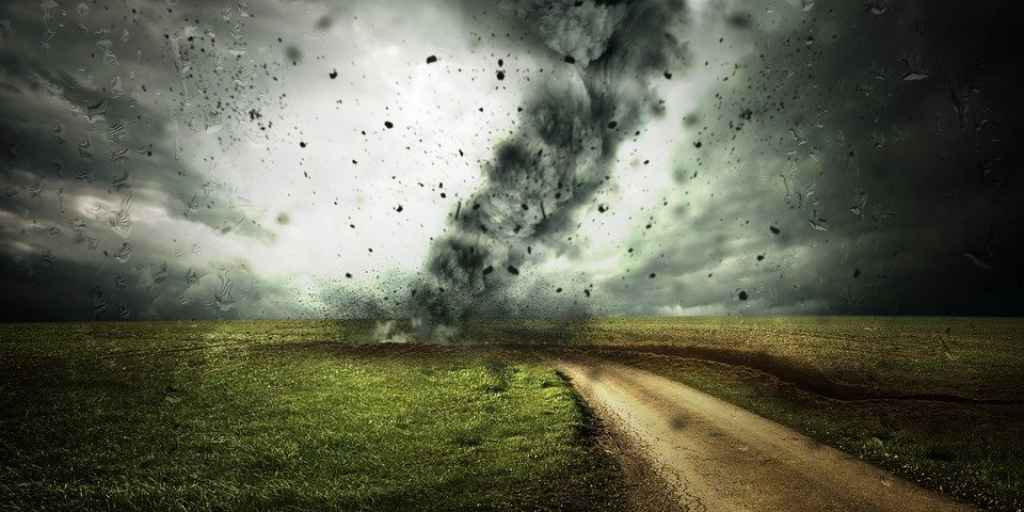For the uninitiated, John Mueller—Google’s Webmaster Trends Analyst—has been running Hangouts every two weeks, answering burning questions from SEO professionals. He has provided the community hundreds of notable insights that help us navigate the changing face of SEO.

In a Reddit thread from a little over a week ago, he responded to a question that went something like this:
When it comes to canonical tags for pagination, should SEOs listen to Google’s recommendations or simply do what big sites are doing—even if they’re contrary to Google’s advice?
The original poster pointed out that according to Google, canonical pages should point a canonical tag at themselves. But big sites like Pixabay and Goodreads don’t seem to follow this; in fact, they point their canonical tags toward the first page.
Mueller’s answer?
Don’t thoughtlessly copy the SEO practices of big-brand websites.
You can see his entire response here but we have summarized his main points below.
- It’s never a good idea to imitate what big websites do SEO-wise because many of them are doing it wrong. Sometimes, these big brands rank high despite doing things wrong because of their sheer size and other factors, but smaller sites probably won’t see the same success.
- Mueller also noted that technical SEO follows a deterministic, logical process. There’s a right and wrong way to do it.
“It is not a matter of blind trust or hope… You can logically find the answer, just as you can often test it out for your case.” - The right use of canonical tags is contingent on which pages you want indexed.
A self-referencing canonical on every page is recommended if you want to ensure that every page of a series gets indexed on its own.
If the canonical tags of every page in a series points to the first page, Google will likely index only the first page in that series.
Mueller further explained that using a self-referencing canonical on each page has its pros and cons:
“The advantage of a per-page canonical is that you’re sure all links to all items will be found. The disadvantage is that there’s potentially a lot more to crawl, and it’ll be a bit harder for us to understand how to rank the paginated pages (eg, if they’re “running shoes” category pages, which page is the right one to show for a [running shoes] search?).”
Several other participants in the Reddit thread echoed Mueller’s answer, recommending the use of self-referencing canonicals in paginated series. For a comprehensive guide to pagination SEO, you might want to check out Adam Gent’s insights.
The bigger picture
Let’s face it—bigger websites can often afford to make mistakes and still rank well on Google. It’s not fair, but that’s how it is.
These brands can ride the waves of organic backlinks, mentions, and other such social signals to make their content rise to the top even if they make SEO slip-ups from time to time.
This is a luxury that smaller websites don’t have. A slight mistake can send an otherwise well-optimized but small site plummeting to the depths of the mythical ‘sandbox.’ It’s therefore important to stay on top of the latest best practices to have a fighting chance at winning the game.
You can count on SEOValley for professional SEO help. Whether you’re an SEO marketer looking for a dependable team to partner with or an online shop owner looking to optimize your website, we’re here to assist you.










